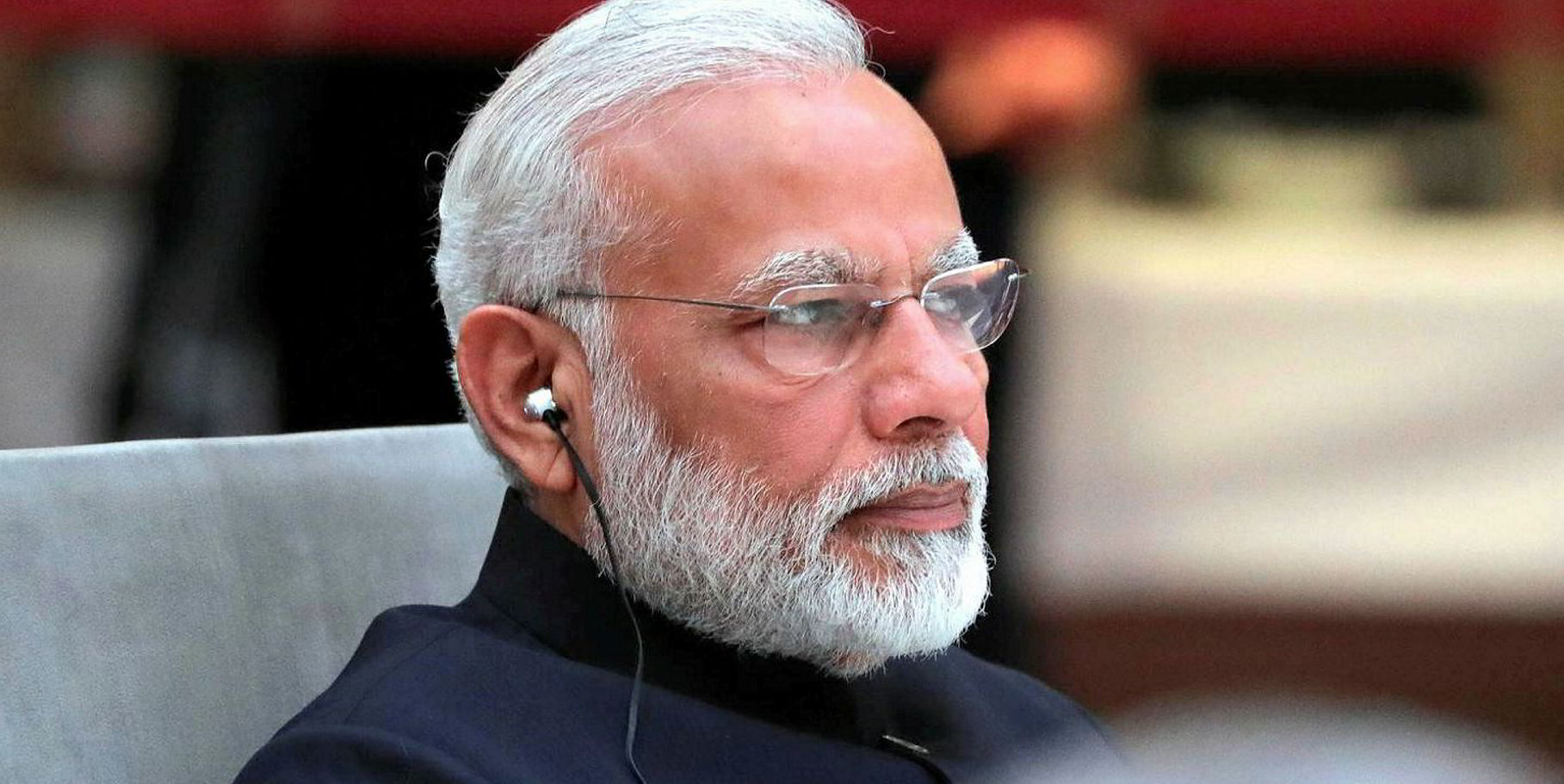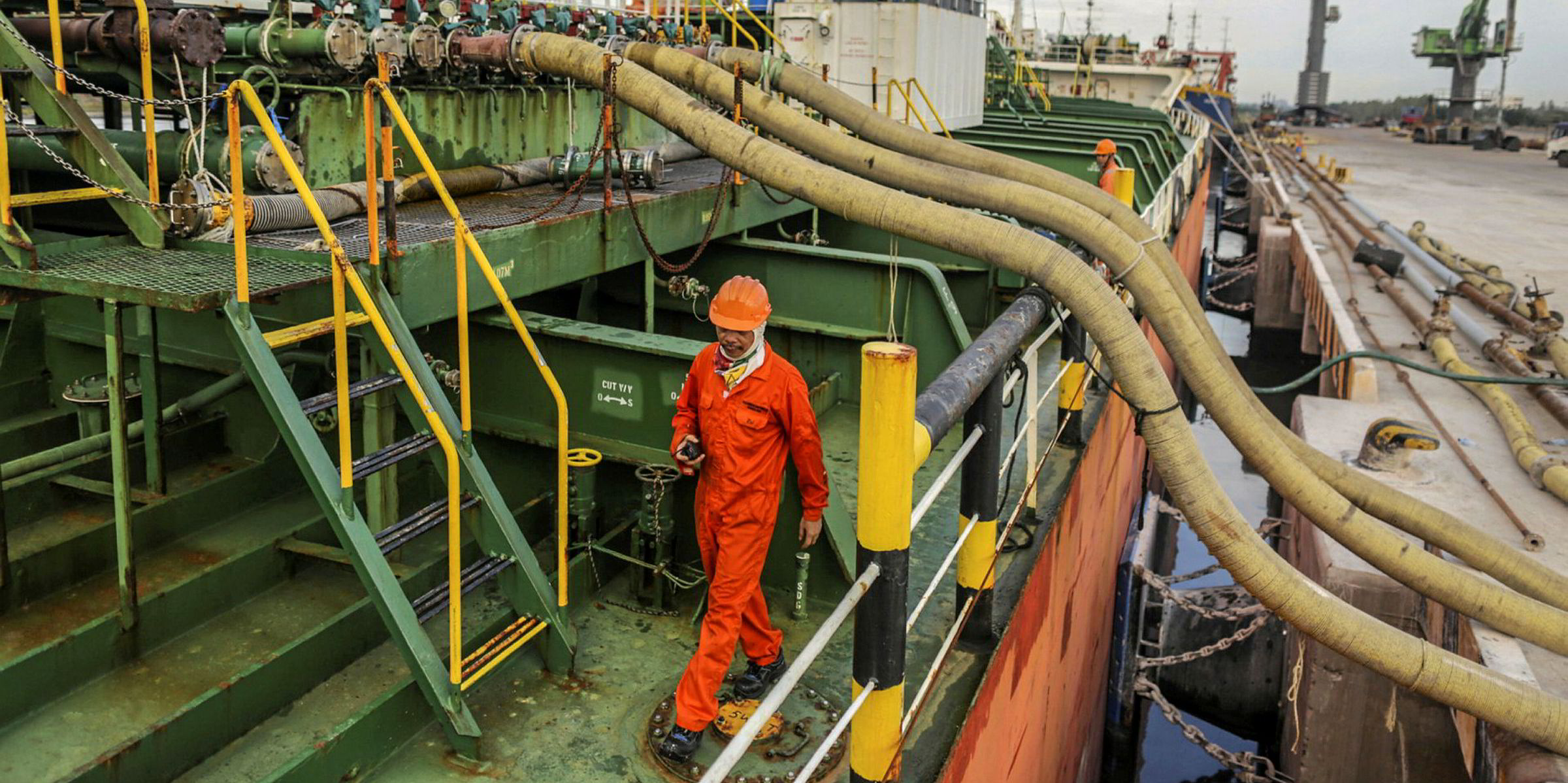India’s nationwide coronavirus lockdown has yet to have any meaningful impact on the dry cargo and crude imports, the latest data shows.
“Electricity demand in the first week of the lockdown was about 20% lower than in the previous month, and coal stockpiles have been rising,” Ralph Leszczynski, Bancosta’s head of research in Singapore, told TradeWinds.
“Oil demand has obviously been heavily hit by restrictions on flights and road traffic.”
However, based on vessel tracking data, arrivals of crude oil and coal cargoes continue at a similar pace to previous months.
"In the first 13 days of April 2020, crude oil arrivals at Indian ports totalled 7.64m tonnes, which was not dissimilar to the 7.68m tonnes which arrived in the first 13 days of March 2020, and were actually higher year on year from the 7.3m tonnes of crude oil which arrived in the first 13 days of April 2019,” Leszczynski said.
“A similar picture can be seen for coal. In the first 13 days of April 2020, coal arrivals at Indian ports totalled 8.4m tonnes, which is actually up month on month from the 7.6m tonnes in the same period of March 2020, and slightly down on the 8.8m tonnes that arrived in the first 13 days of April 2019.”
India taking advantage of low commodity prices
Interestingly, Leszczynski said that since March, coal shipments from Indonesia have declined, but volumes have increased from Australia and even the US.
“This is also reflected in the pricing, with Indonesian coal — which is generally lower quality — sharply down in price, whilst Australian coal, which is generally better quality, [is]m seeing a much more contained decline in price.”
India’s three-week lockdown, which had been scheduled to end at midnight on Tuesday, has been extended until at least 3 May.
Leszczynski said the lockdown and its negative impact on India’s economy is likely to translate into lower energy demand, which will be reflected in trade volumes.
“Most likely this will be seen more in coal imports to India in coming months, whilst crude oil imports might well continue at strong levels — not due to actual consumption, but for storage-building as India looks to take advantage of low oil prices,” he added.
With the extended lockdown, consultancy Wood Mackenzie said thermal coal demand will reduce by 25% to 30% through April year on year and by a further 9% in the second quarter, reducing consumption to 187m tonnes from the original forecast of 225m tonnes.
“The impact on oil demand will also be more severe than previously projected, but lockdown exemptions for agriculture, the transport of goods and certain manufacturing sectors offer some support to demand recovery, mainly diesel and fuel oil,” Wood Mackenzie said.
“Crude cargoes bought by Indian refiners for processing during April have limited option to be re-sold in such an oversupplied crude market.
“These cargoes will now either be processed as planned, with resulting products ending up in storage, or be diverted to India’s strategic petroleum reserves [SPR].
“We estimate that currently India has spare SPR capacity of only 13.5m barrels. Tanks will fill fast.”






